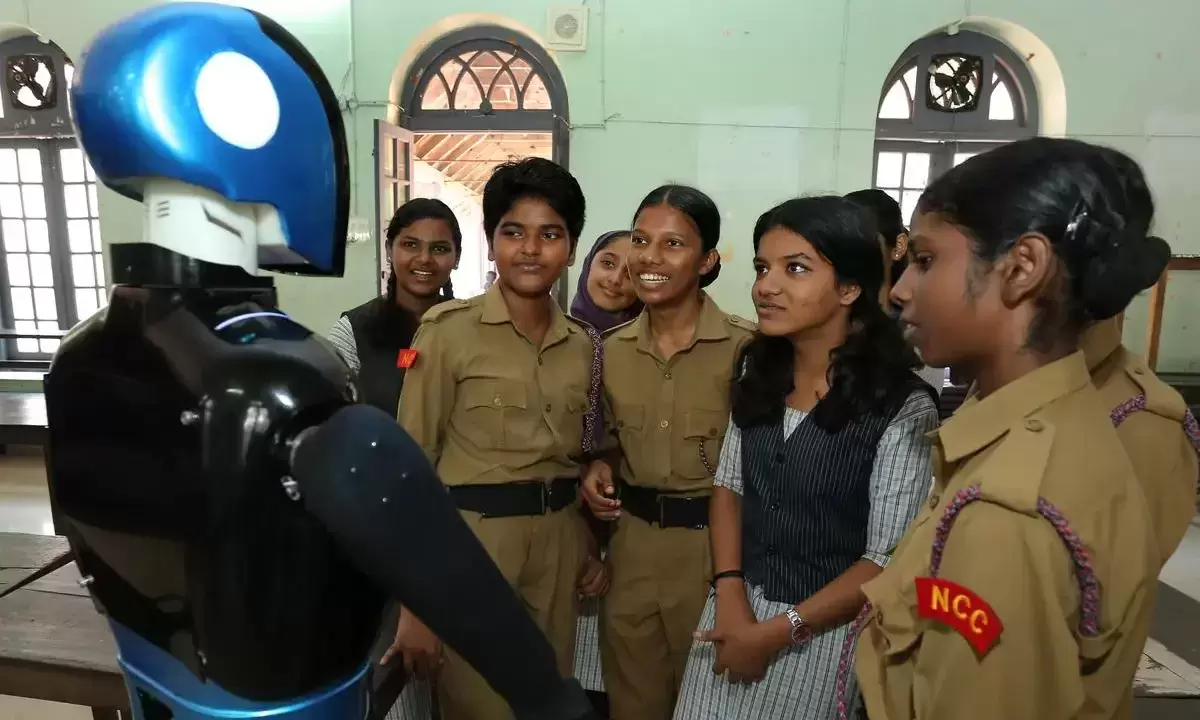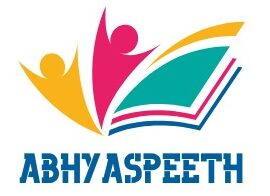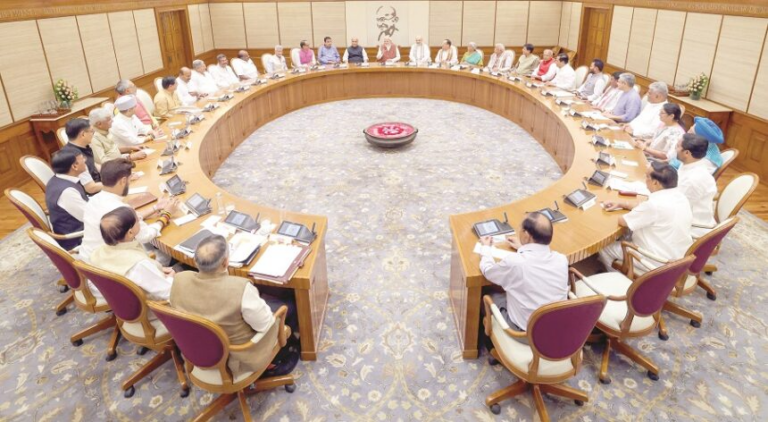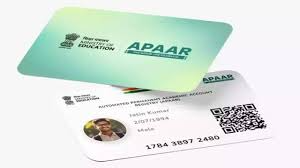
Abhyspeeth Education Desk
Thiruvananthapuram : In a first-of-its-kind initiative in India, the state of Kerala has taken a bold step towards future-ready education by introducing Artificial Intelligence (AI) and Robotics as part of the regular curriculum for all Class X students. This ambitious rollout, spearheaded by the state-run agency KITE (Kerala Infrastructure and Technology for Education), aims to make advanced technology learning accessible to every student—regardless of their background or location.
Under this initiative, AI and robotics are no longer limited to elite private schools or urban tech labs. Instead, students across Kerala’s government and aided schools will now gain hands-on experience in cutting-edge technologies, including machine learning, microcontroller programming, and basic robotics. The modules will be delivered through IT clubs already functioning in these schools, transforming classrooms into vibrant, tech-enabled learning hubs.
This move aligns with the growing global consensus that future employability depends not just on digital literacy, but on digital fluency. And Kerala is showing the way by ensuring that its students aren’t just passive users of technology—but creators and problem-solvers.
Education Minister V. Sivankutty emphasized the larger vision behind the program.“We want to prepare our children for the jobs of tomorrow. By giving them access to AI and robotics at the school level, we are helping them dream bigger, and equipping them with the tools to realize those dreams.”
More than 20,000 teachers have been trained to implement the AI curriculum, ensuring that even in remote districts, students get equal opportunity to learn. Lessons are designed in simple language and open-source tools are being used to keep the program affordable and inclusive.
What makes this initiative even more inspiring is its focus on practical learning. Students won’t just learn what AI is—they’ll apply it. Through projects such as flood alert systems, basic automation kits, and sensor-driven devices, they’ll solve real-life problems their communities face. For instance, a student in a flood-prone district may design a water-level detection system using a simple microcontroller—turning learning into meaningful action.
For thousands of Indian students who often rely on rote learning, Kerala’s program offers a refreshing and much-needed change. It’s not just about scoring marks; it’s about building a mindset that’s ready for the challenges of tomorrow.
Educationists across the country are watching this experiment closely. If successful, it could become a model for other states to replicate—marking the beginning of a national shift in how India approaches technology education in schools.
As India dreams of becoming a global technology hub, Kerala’s move ensures that the journey starts not just in engineering colleges or tech parks—but right inside the classroom.






